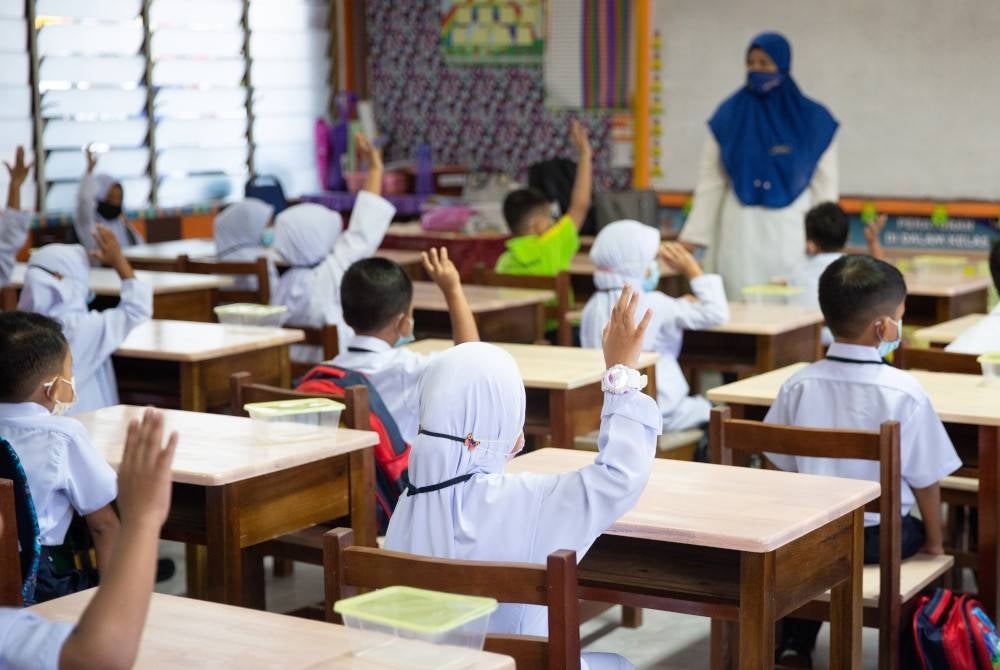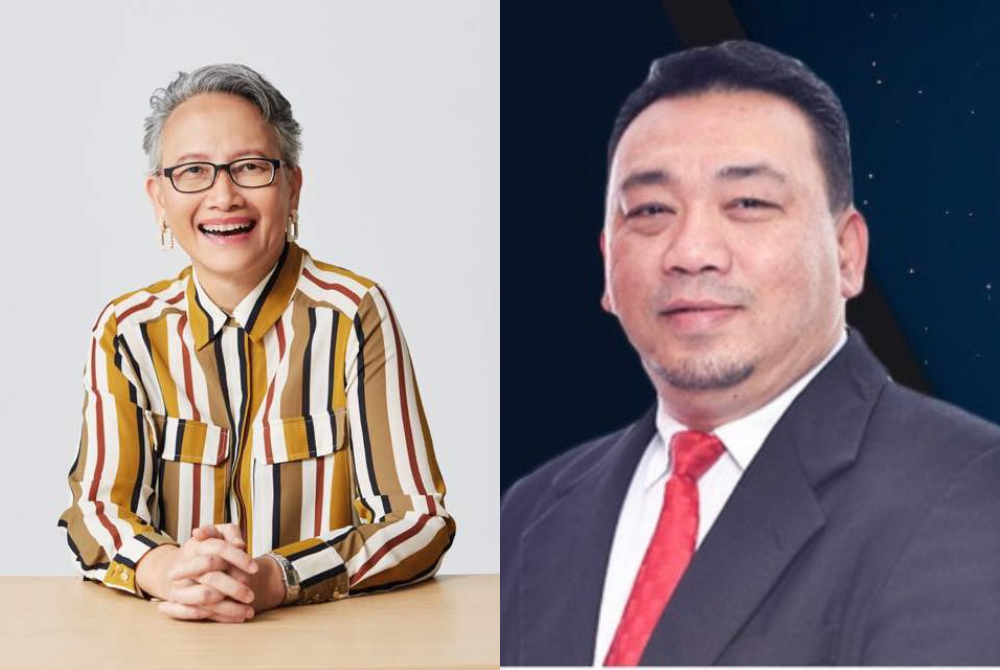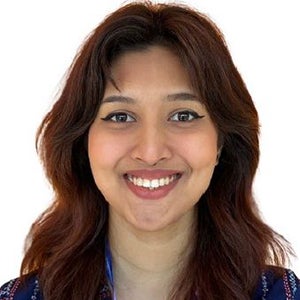Special school for poor: Segregating students based on social status may has adverse effects - Experts

SHAH ALAM - The government’s proposal to set up special schools targeting the children of the hardcore poor may seem like a good idea, but experts point out that segregating students based on social status may bring an adverse effect.
Parent Action Group for Education Malaysia (PAGE) chairman Datin Noor Azimah Abdul Rahim said that instead, it was essential to expose the poor communities to diverse cultures, lifestyles and opportunities.
"Instead of isolating poor communities, exposure to diverse cultures, lifestyles, and opportunities is essential, rejecting the misconception that they can't integrate into the national system.
"Prioritising inclusivity over patronising is key; no one wishes to be labelled solely by socioeconomic status,” she told Sinar Daily.
Azimah pointed out that fully residential schools (SBP) and Mara Junior Science Colleges (MRSM) were first established to serve children from disadvantaged backgrounds, but poor enforcement had led to enrolments from non-needy communities.
"A review of intake is crucial to uphold the purpose of providing quality education to the poorest," said Azimah.
In terms of curriculum, she said, it was vital for SBP and MRSM to focus on dual language programme adoption which would foster inclusivity and expand horizons for underprivileged students.

Meanwhile, Universiti Kebangsaan Malaysia (UKM) Centre of Education and Diversity senior lecturer Dr Anuar Ahmad echoed the same view with Azimah, that underprivileged children should not be isolated from diverse peers.
"I appreciate the intent to aid disadvantaged children in education, yet I hold a differing perspective.
"While acknowledging the government's duty to support all underprivileged children fairly and inclusively, I believe building separate schools segregates them from diverse peers, contradicting our inclusive education policy.
"That enhancing existing residential schools with a focus on underprivileged students could offer a more practical, inclusive, and resource-efficient solution." Anuar said when contacted.
He said an alternative approach would be to enhance the current SBP to help underprivileged students while promoting inclusivity which he believed would be more practical.
This, he said, could potentially benefit a larger number of students in a shorter timeframe.
On Saturday, Prime Minister Datuk Seri Anwar Ibrahim, when speaking at the ‘Temu Anwar Bicara Pendidikan Madani’ programme at the Penang Matriculation College, said the government was planning to introduce a new type of school specifically for children of the poorest groups in the country so that they were not left behind in the education system.
Education Minister Fadhlina Sidek said the ministry would realise the establishment of the schools next year as efforts to provide quality education to underprivileged children in the country have always been part of their agenda.
She had said the special school would, among other things, have a clear direction for improving the level of education among children from poor families.











